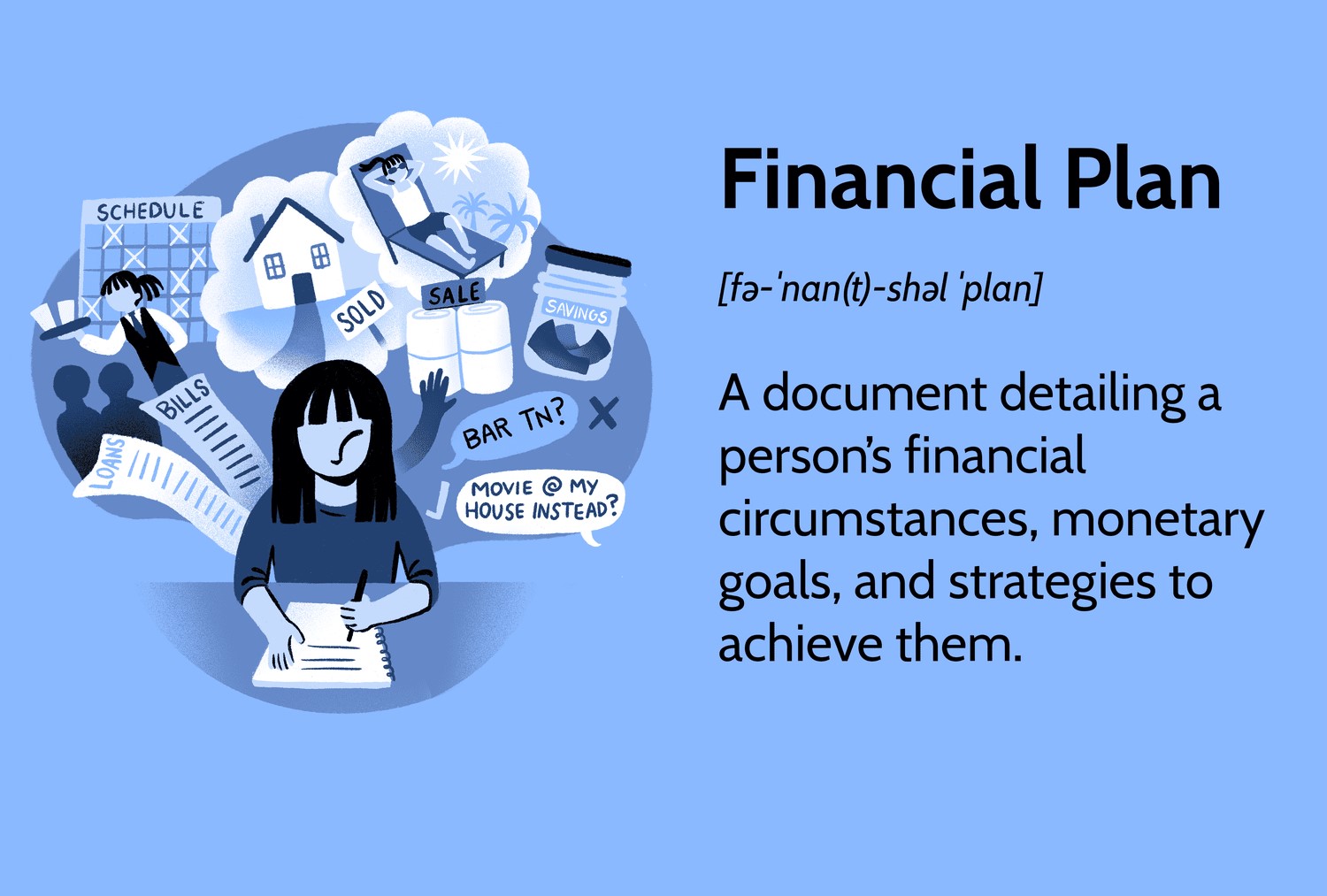
Why Having a Financial Plan is Important and How to Create One?
Goal Clarity and Prioritization:
A financial plan helps you clarify your financial goals, whether they're short-term (e.g., buying a home), medium-term (e.g., saving for education), or long-term (e.g., retirement planning).
It enables you to prioritize your goals based on their importance and timeline, ensuring you allocate resources effectively.
Financial Security and Stability:
A well-thought-out financial plan provides a buffer against unexpected expenses, emergencies, and economic downturns.
It includes strategies to build an emergency fund and protect yourself and your family through insurance coverage.
Budgeting and Expense Management:
A financial plan involves creating a budget to track income and expenses, helping you live within your means and avoid debt accumulation.
It promotes disciplined spending habits and identifies areas where you can cut costs or reallocate funds toward savings and investments.
Investment and Wealth Building:
A financial plan includes an investment strategy tailored to your risk tolerance, time horizon, and financial goals.
It outlines how to diversify investments across asset classes to optimize returns while managing risk effectively.
Tax Efficiency and Planning:
A financial plan incorporates tax-efficient strategies to minimize tax liabilities and maximize savings in retirement accounts, such as IRAs and 401(k)s.
It includes strategies for tax planning, estate planning, and charitable giving.
Adaptability and Flexibility:
A financial plan is not static; it evolves with changes in your life circumstances, financial goals, and economic conditions.
It allows you to adjust strategies, revisit goals, and make informed decisions based on new information or unexpected events.
